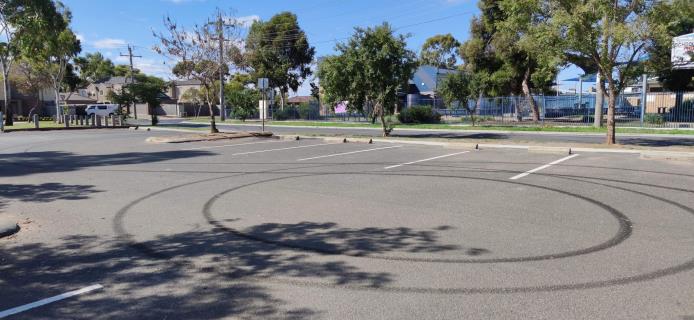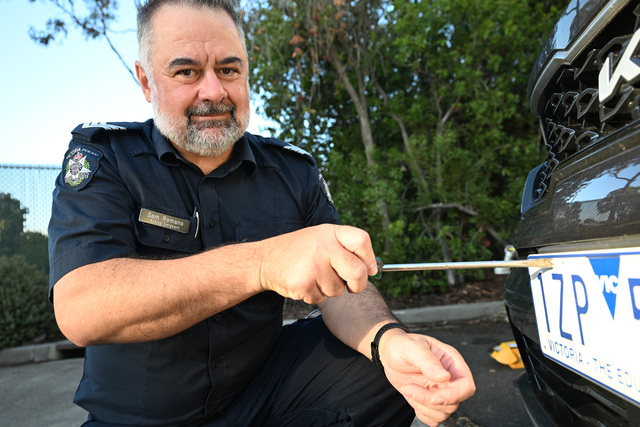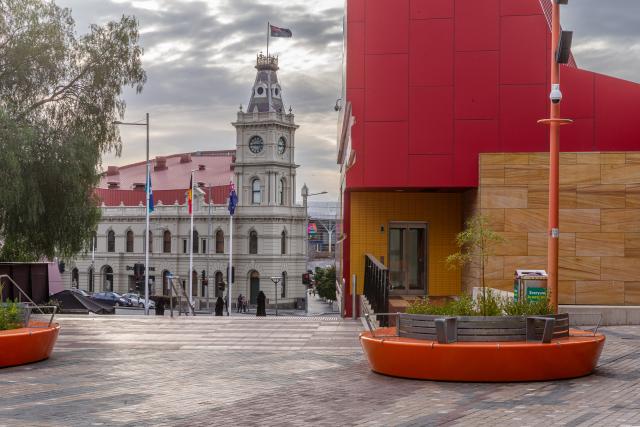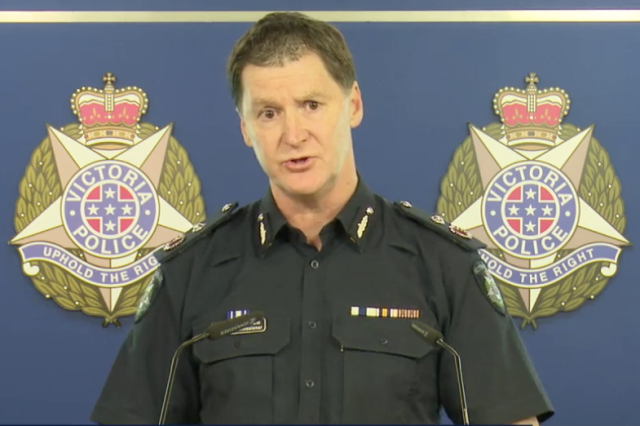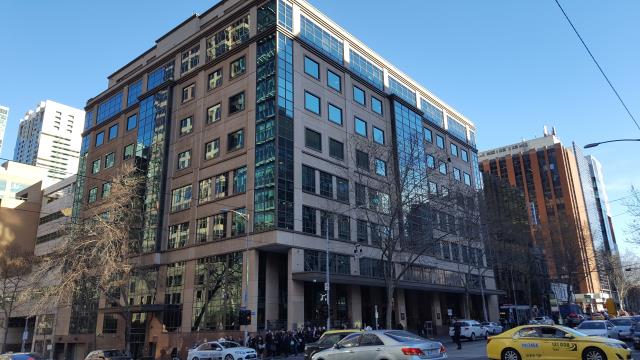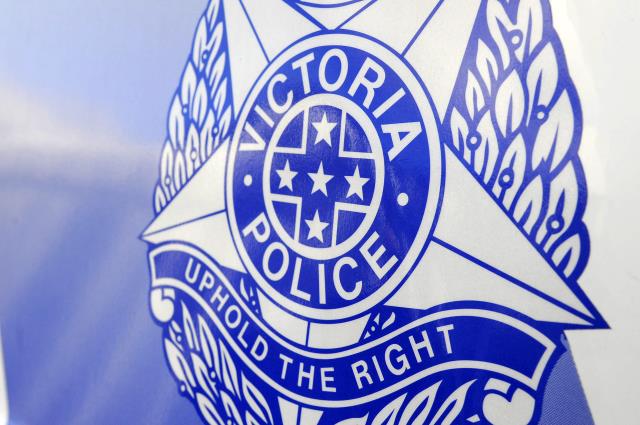An adjustment to policing methods has resulted in a dramatic fall in the number of hooning events, and large numbers of arrests and charges laid in Melbourne’s South East.
From January to July 2021, Victoria Police reported 40-50 large scale hooning events in industrial areas within the SD3 region, incorporating the Local Government Areas of Greater Dandenong, Casey and Cardinia.
In the same period in 2022, there have been just two reported events.
Additionally, as part of Operation Achilles, launched in 2021 to target hooning behaviour, 35 high-risk hooning offenders have been arrested and 40 search warrants executed at their addresses have led to 880 charges laid, and 16 cars seized to date in 2022.
Hooning behaviour is defined as anything that poses a risk to road safety.
Operation Achilles teams detectives with members of Victoria police to provide a “dual-face” approach to tackling the behaviour.
At an online forum organised by the Department of Transport for residents in the South East to share their concerns regarding hooning and high-risk driving, Acting Inspector at Victoria Police Dean Grande attributed these figures to a strategic and intelligence-led approach targeting the organisers of such events.
“What we’ve actually managed to do, particularly in the last six months we’ve had some really good success at, is preventing these incidents in the first place by identifying the organisers and having that conversation with the organisers,” Acting Inspector Grande said.
“What we’ve seen out of that (approach) is a significant reduction in that offending, we’ve seen a significant increase in the amount of cars seized, warrants executed, people charged and held accountable, and some prosecutions as well.
“That’s really starting to gather a great momentum. But what it also does is it gets the jungle drums beating in the community, so they start talking to each other and they’re less likely to come and offend in that area, which is a real positive for us.”
In addition to an intelligence-led approach, Sergeant Paul Holtzinger said police are charging offenders with more serious offences.
“We’re no longer talking Road Safety Acts offences, which is summary offences, such as impounding the car for 30 days and then you get your car back,” Mr Holtzinger said.
“We’re talking Crimes Act offences where we’re looking at reckless conduct endangering life and serious injury.
“We’re executing the search warrants and we’re seizing people’s cars and fronting them up before the courts so the Magistrate can make a determination as to what’s going to happen to this person and the car, once the matter’s been dealt with.”
The decision to adopt a different method to tackling the issue came on the back of increased hooning activity across Victoria during lockdowns in 2020 and 2021, according the Department of Transport’s Frances Taylor.
Working with Victoria Police, the department established a Hooning Community Reference Group to bring together stakeholders, such as local community representatives, to understand why there was an increase.
Wednesday’s online forum was the second of four that the Department has planned across Melbourne’s different policing divisions, with representatives from the Department, Victoria Police and the local councils engaging with residents.
When afforded the opportunity to voice their experiences and views on the issue, participants spoke of encountering activities taking place at night, on back roads or areas with no CCTV or low lighting, involving mostly males and trending towards an increase of motorbike riders.
Specified locations included the Dandenong Bypass, new housing estates with no traffic lights or road safety mechanisms and industrial areas across Greater Dandenong and Casey.
Inspector Grande encouraged members of the community to call 000 if they come across a hooning event.
“Ringing the police station is always going to be a challenge so ring triple zero If you need police there now. In these events we are asking people to ring triple zero and get us there straight away as soon as we possibly can.
“That’s not always going to be possible but triple zero gives us an immediate response, and that’s our best avenue.
“Even if we can get one car down there and get the intelligence and get us something, that gives Paul (Holtzinger) and his team something to work on the next day and follow it up.”
Incidents can also be reported via Crime Stoppers on 1800 333 000 on online at crimestoppersvic.com.au

